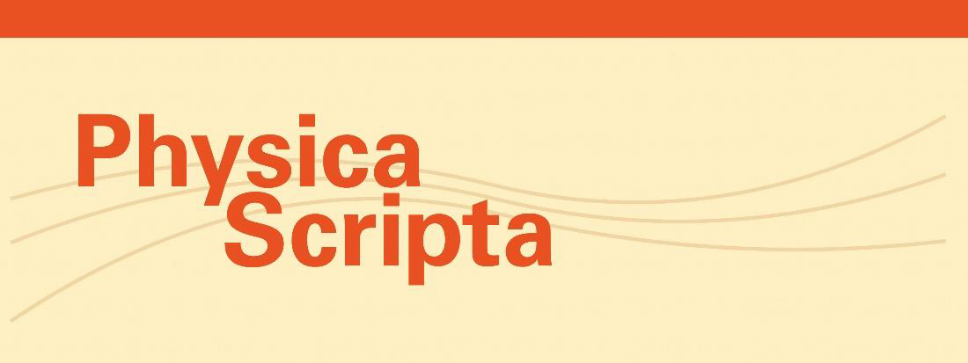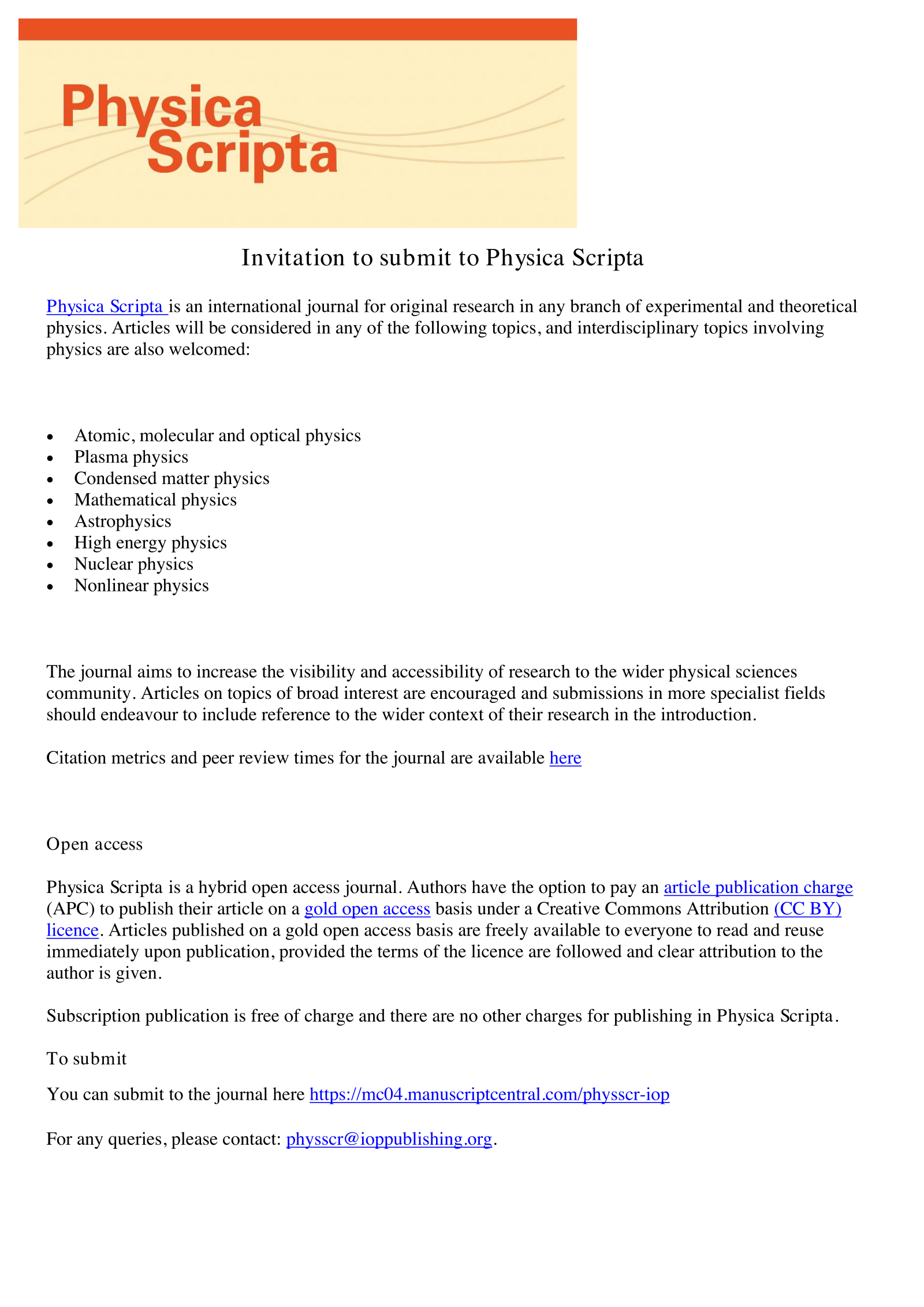
Invitation to the special issue "Challenges in quantum dynamics" of Physica Scripta
A special issue of Physica Scripta will collect contributions inspired by the works and career of our colleague, Igor Jex, who has made a significant number of telling contributions to this field. The invitation for submission extends to the participants of this workshop and to former colleagues and collaborators of Prof. Jex.
See the publisher's website for more details and instructions on how to submit.
Special Issue: "Challenges in quantum dynamics"
Guest Editors
Stephen Barnett University of Glasgow, UK
Tamás Kiss Wigner Research Centre for Physics, Hungary
Martin Stefanak Czech Technical University in Prague, Czech Republic
Wolfgang Schleich Universität Ulm, Germany
Scope
Dynamics of a closed quantum system is determined by the properties of the Hamiltonian in the continuous time case or the unitary evolution operator in the iterated discrete time scenario. Despite the simplicity of the description the solution of quantum dynamics is often challenging. Understanding quantum dynamics allows us to design it for a particular useful application, e.g. quantum walk can be adjusted to perform a spatial search on a graph, or spin couplings can be arranged to realize a perfect state transfer across a chain or a network. Various iterated quantum evolutions were successfully implemented in linear quantum optics with the help of time-multiplexing, which greatly reduces the number of optical elements and improves the scalability of the set-up. When equipped with quantum states of light, either single photons or squeezed states, and single-photon detectors, a unitary optical network can be utilized to demonstrate quantum supremacy through Boson sampling or its Gaussian variant. Additional challenges arise when the quantum dynamics is enriched with measurements, randomness or environmental interactions. Measurement and post-selection can turn a quantum evolution to a complex non-linear chaotic map. Random unitary operations allow us to describe and investigate quantum walks on dynamically percolated graphs or evolution of networks of randomly interacting qubits. Transient dynamics of open quantum systems represents a particularly difficult task, however, much more can be said about the asymptotic evolution from the knowledge of attractors. This allows us to describe processes such as thermalization or synchronization on a quantum level.
The deadline for this issue is June 30th 2022. Submissions will be judged according to the usual standards of the journal. Authors can submit via https://mc04.manuscriptcentral.com/physscr-iop and accepted manuscripts will be published as they are ready.


